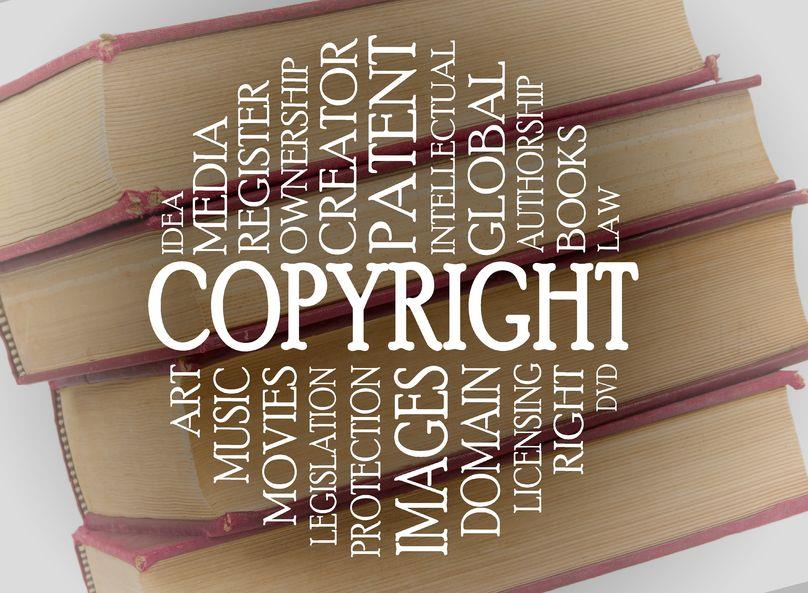Have you ever written a book, designed a logo, taken a photograph or composed a song? If you have, then you are a creator of intellectual property! And that’s where copyright law comes in to play. Copyright law is a legal framework that provides protection to the creators of original works of expression. It ensures that the right to reproduce, distribute, display, and perform certain types of work is granted only to the person who created it or licensed others to use the work under specific terms.
The Purpose of Copyright Law
The primary purpose of copyright law is to safeguard the creative works of individuals and to promote their intellectual growth. This protection is essential to the economic and cultural development of a society as people often stop creating when they know that their works are not secure. Copyright law encourages individuals to pursue their artistic endeavors knowing that they can be compensated for their work and that nobody else can use it without their permission.

The Basics of Copyright Law
Copyright law applies to any tangible creative work such as books, music, photographs, paintings, films, sculptures, software, and other forms of intellectual property. A copyright owner has exclusive rights to their work and can reproduce, distribute, perform, display, and prepare derivative works of that work. No one else can use that work without the owner’s consent. Even if the creator sells the original piece of work, the copyright still belongs to them.
Furthermore, copyright law recognizes the fair use of copyrighted material that permits individuals or organizations to use a copyrighted work without obtaining the owner’s authorization. Fair use includes criticism, commentary, news reporting, teaching, scholarship or research, creating parodies, and other non-commercial purposes.

Copyright law also limits the duration of exclusive rights. The duration of copyright protection depends on the type of work and the country in which the work was created. For example, in the USA, the copyright protection for works created after January 1, 1978, lasts for the creator’s lifetime plus seventy years. After this time, the work falls into the public domain and can be used by anyone without seeking permission or paying royalties to the creator.
Copyright law is essential not only to protect the work of the creator but also to the societal and economic development. It’s an important asset to recognize the creator’s hard work and ensure that they are compensated for their endeavor. Copyright law is an ever-changing concept, and it’s important to stay up-to-date on the changes made to it to avoid legal disputes. Nonetheless, the basic principle remains the same- protecting creativity and fostering a culture of new creations.
You may also like
-
The Evolution of Copyright Law in the Digital Age
-
The Balancing Act Between Copyright Protection and Freedom of Expression: The Role of Fair Use
-
DMCA Takedown Notices: A Powerful Tool for Enforcing Copyright Law Online
-
Navigating the Legal and Ethical Implications of Using Copyrighted Materials in Educational Settings

